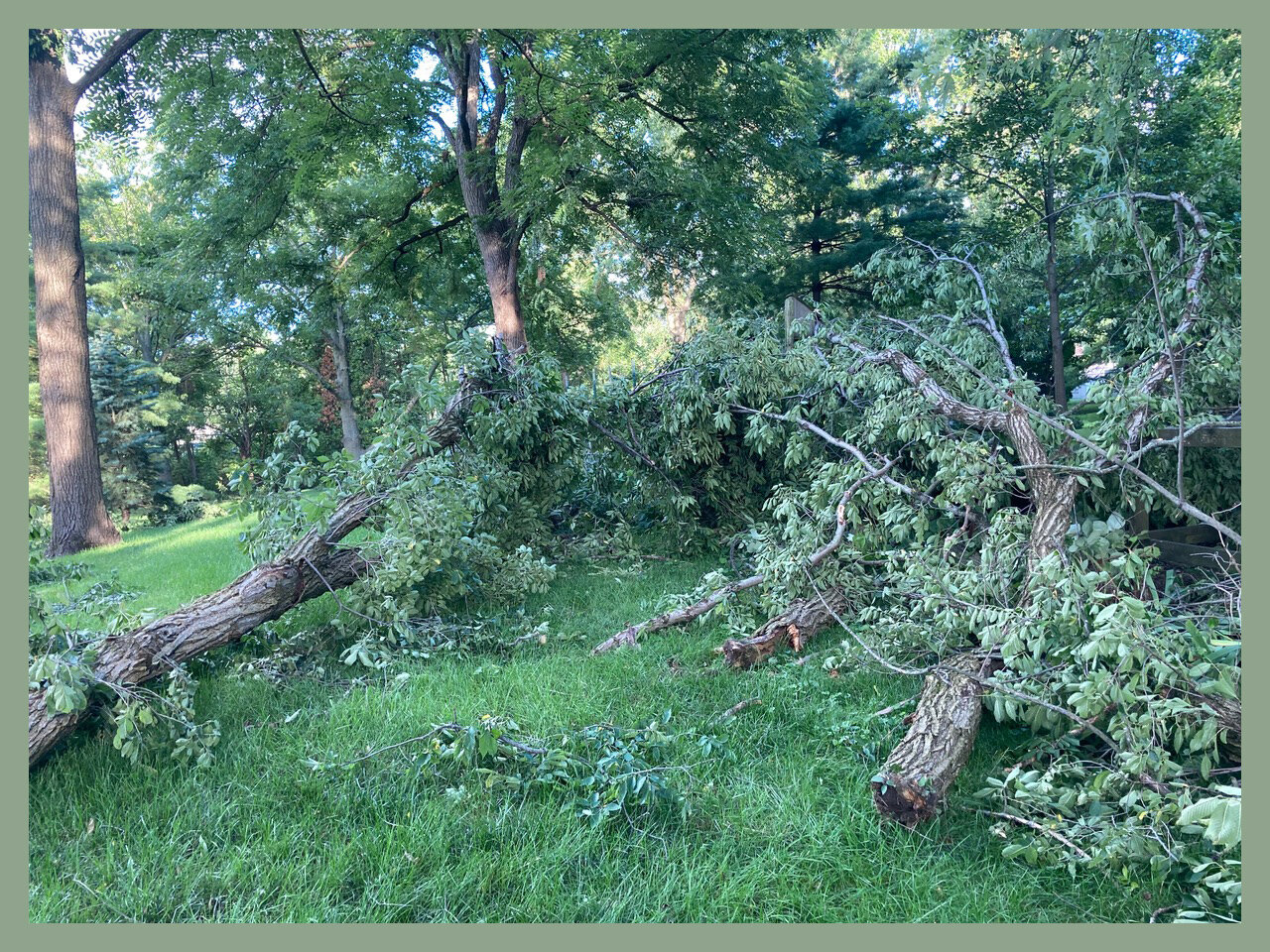When new inventions and innovations first invade our world of experience, they are usually vilified, or, at least, viewed with suspicion. When cars were invented, sermons were preached against them, predicting what damaging effect they would have on peaceful community life. The telephone was viewed as the purveyor of gossip, and television was condemned as the corruptor of civilization or, at least, the eroder of the next generation’s character.
When Alvin Toffler wrote his revolutionary book THE THIRD WAVE, we could not imagine an economy in which information would be the main product. “How could an intangible thing “information” be a product?” our elders asked, shaking their heads and insisting that products were things manufactured, things one could touch or drive or put on a shelf at a store.
The outrageous idea that people the world over would carry computers and phones in the palm of their hands with no wires or plug-in cords was beyond comprehension. And who could conceive of a “friend” or several hundred “friends” we have never met to whom we would reveal the secret details of every day life, show pictures of our children, share intimate thoughts and fantasies, and then have no control over the “friends” to whom they would in turn pass on our secrets without our consent.
We are coming to realize that digital technology is both the best and worst thing that has been invented so far. Like cars, telephones, televisions, and airplanes, technology can be used for either great purposes or intensely destructive ones.
The naysayers of the past were partially right. Cars can kill, and television can corrupt and damage the minds of children, youth, and adults. Airplanes can be piloted into skyscrapers and kill nearly 3,000 people. But planes can also get students home from college, bring orphans from China to loving families waiting to adopt them, bring Johnny home from war, or get grandma back in time for a kid’s graduation. Technology can make Jesus’s command to take the good news of God-with-us into the whole world a literal possibility.
Computers, I-Phones, and I-Pads can call 911 or deliver pornography to minors. They can let me in Indiana keep in touch with seven grandchildren in Colorado, New York, Chicago, Nashville, and Vermont. Or they can be used to bully a high school freshman all the way to suicide. The devices we have in our pockets and purses and cars can save lives or destroy them. They can free us or make us prisoners of media addiction.
We can be mindlessly swept along with the digital tides, surrendering our God-given minds to gamers and the peddlers of false information, or we can harness technology for good, give it strong boundaries in our lives and homes, and guard from it our sacred spaces and our abilities to actually converse, meditate, and reason. May the God of all wisdom help us to recognize every day the blessings and dangers of the devices the ingenuity of man has brought into existence and to have the courage to make them serve us and mankind, instead of the other way around.















